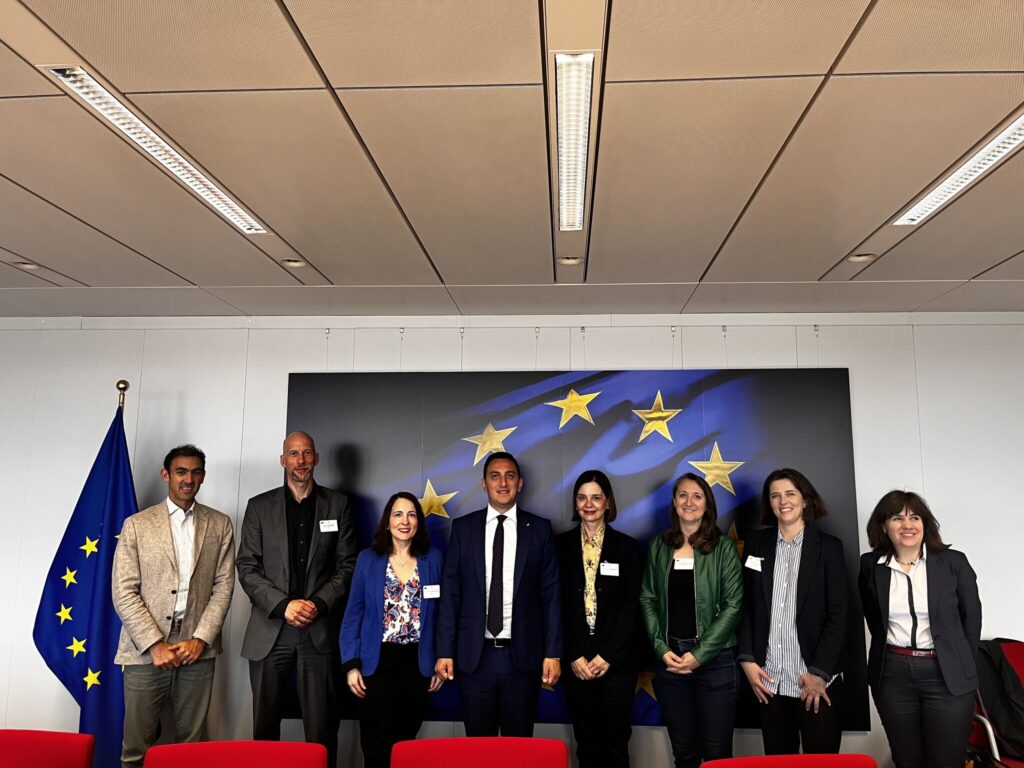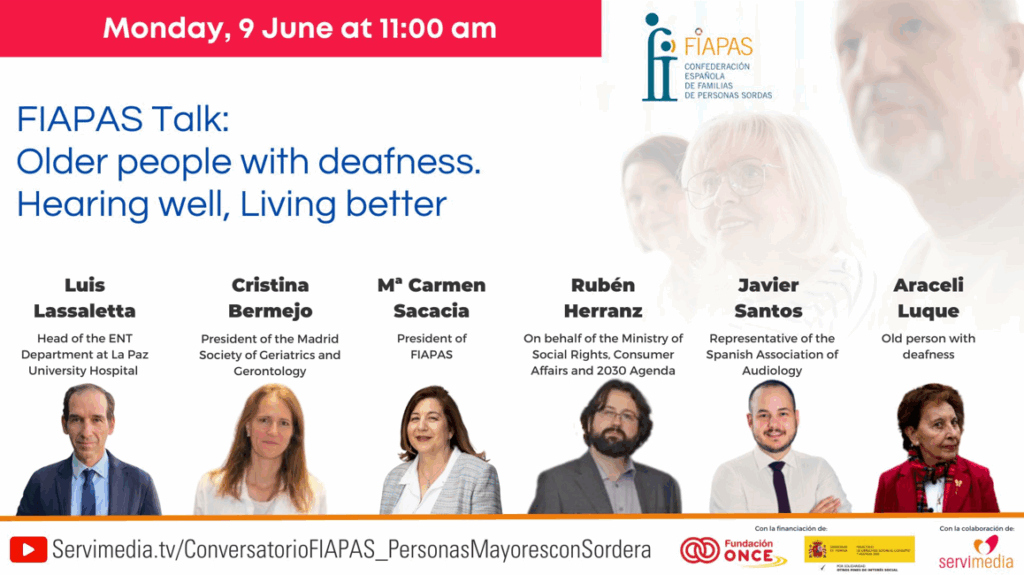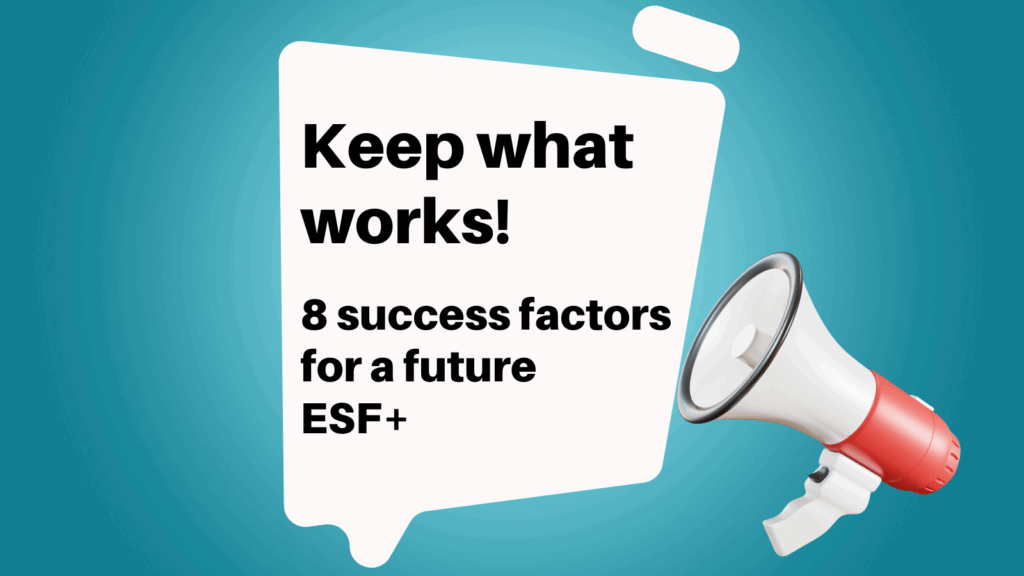What is the link between investment in education and training and social inclusion? How can funding in education, training and lifelong learning opportunities contribute to closing the learning gaps that the COVID -19 pandemic amplified? How do we recover better? How can we ensure that education stays a public good with accessible opportunities for all? These are some of the questions that the Lifelong Learning Platform will address during the 12th edition of the LLLWeek starting 28th of November until 2 December.
The LLLPlatform believes that with the polar star of investment to bounce back, funding in education, training, and lifelong learning opportunities should focus specifically on fair access, vulnerable groups and inclusion in representation. The latter is a crucial theme given the high interest in the EU and member states’ agendas on who is to fund lifelong learning: the answer to this question determines the crucial question of inclusion.
Over the course of one week and 17 workshops with civil organisations, members of European Institutions, and the education sector, you can also be part of the discussion and answer all these questions!
Why a lifelong learning week?
Lifelong learning covers education and training across all ages and in all areas of life. It enables citizens’ emancipation and full participation in society in its civic, political, social and economic dimensions. A humanistic and holistic approach to learning, from the cradle to the grave, is of continued relevance in today’s world and a viable foundation for the rethinking of education.
The Lifelong Learning Week aims to raise awareness of the fact that lifelong learning answers many challenges of modern societies. Fostering a comprehensive approach to education is especially important when it comes to building learning societies, by making sure that our citizens are fully equipped with the competencies they need in the 21st century. The paradigm shift to lifelong learning means recognising that learning is taking place in various contexts – be it formal, non-formal, or informal. It implies changing the ways we provide and receive education, the ways we assess learning, and the ways we work and live together.
Format
During the LLLWeek, participants will be taken into the LLLP’s annual theme: ‘Investment in Education and Training: a Public Good for All‘. We will subsequently dwell on the policy framework that provides the tools useful to read our society and the impact it bears on learners. Different approaches can be deepened, as they all build up to the same overarching objective:
- Public good until what point? Public financing at risk
- Commodification of learning and the human capital: serving markets and not learners
- Education that empowers the already empowered: supporting inclusion
In fact, all of these will contribute to the goal that the Lifelong Learning Platform has always been pursuing: better societies through education and lifelong learning.
Hop on the LLLP’s website, discover the programme, and register to as many events as you wish!
Photo: ©patpitchaya via Canva.com





